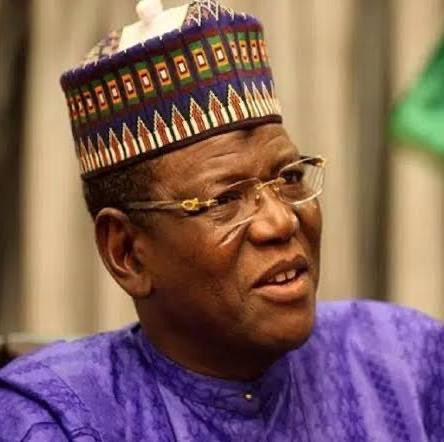As a legal practitioner observing the ongoing controversy surrounding the PDP Ibadan Elective Convention, it is necessary to clarify the issues at stake and examine the matter strictly from a legal standpoint. Public debates are often driven by emotion, political pressure, or ultimatums, but the law is framed on facts.
Having reviewed the contending issues against the provisions of the Electoral Act 2022 and the PDP Constitution, I offer the following legal opinion: the validity of the PDP Ibadan Convention rests on 3 three-part legal tripod.
1) Whether INEC was notified at least 21 days before the convention.
2) Whether INEC acknowledged receipt of that notice.
3) Whether the National Executive Committee (NEC) formally approved the conduct of the convention.
NOTE: The three elements above form the legal foundation for evaluating the lawfulness of any party convention in Nigeria.
From facts available, the following are not in dispute:
1) INEC received proper 21-day notice of the convention.
2) INEC officially acknowledged that notice.
3) The NEC deliberated upon and approved the Ibadan Convention.
Therefore; the law presumes the convention valid because section 82 of the Electoral Act 2022 as amended and the relevant provisions of the PDP Constitution were fully complied with.
This presumption is not a matter of political interpretation, but a matter of legal doctrine repeatedly affirmed by Nigerian courts.
On Sule Lamido’s claim of “disenfranchisement”, it is not a procedural or structural legal defect but a purely personal grievance.
Courts are generally unwilling to nullify an entire national convention based on a single individual’s allegation of exclusion and particularly where the convention has complied with statutory and constitutional requirements.
Mr. Lamido’s complaint falls squarely within personal, unless he can prove that the entire delegate process was illegal or fundamentally flawed, not that he felt disenfranchised.
In my professional view, the appellate courts are more likely to uphold the validity of the convention than to cancel it. At most, if the court finds merit in Lamido’s personal complaint, it may issue a declaratory statement acknowledging his grievance but not a wholesale nullification of the convention.
Nigerian jurisprudence consistently emphasizes that personal grievances cannot invalidate a properly constituted national convention.
From a legal perspective, Sule Lamido’s 10-day ultimatum has no binding effect on the legality of the Ibadan Convention. The processes leading to the convention complied with the Electoral Act and the PDP Constitution. Therefore, the convention remains on a strong legal footing and is unlikely to be overturned by the appellate courts.
Politicians more often than not mistake personal concerns to be legal defects capable of overriding a well-constituted convention. The law in this case is clear.
Akintola J.N
Author






